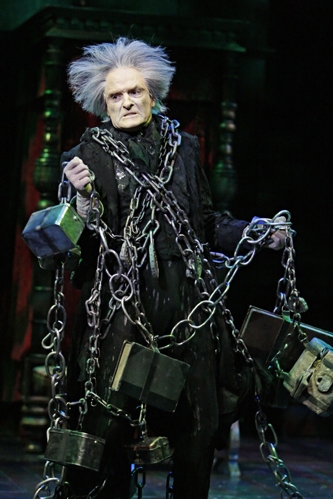With great reverence for God’s 10 commandments, here are the basic rules which should be followed in any and every estate situation. Often, we aren’t thinking clearly in the middle of the estate settlement and distribution process.
While there are no laws that pertain to human behavior when handling an estate and the distribution of property, these commandments should be “etched in stone” to remind us how we should behave.
- Thou shalt not worship material possessions. They can be a monkey on your back and, ultimately, you can’t take them with you.
- Greed and the love of possessions can be false idols which can, and often do, ruin families.
- Don’t forget to take Sabbath for yourself. We all need time and space to breathe and reflect.
- Honor your loved one that just passed away. Take actions that would respect them and make them proud.
- Thou shalt not kill thy family relationships by destroying your chance to find peaceful resolutions. Mend your fences.
- Do not cheat anyone, including yourself, in the estate distribution process.
- Thou shalt not steal anything, even if you think no one is watching. Someone is always watching.
- Thou shalt not throw thy sibling(s) under the bus. What goes around often comes around.
- Thou shalt not covet anything a sibling gets. It’s not worth it; let it go.
- Stay true to who you are and walk as straight a path as possible. Not only is immediate family watching, but your children and grandchildren as well. Set an excellent example.
©2016 The Estate Lady®
Julie Hall, The Estate Lady®, is the foremost national expert on personal property in estates, including liquidating, advising, and appraising. http://www.TheEstateLady.com She is also the Director of American Society of Estate Liquidators®, the national educational and resource organization for estate liquidation. http://www.aselonline.com.
No part of The Estate Lady® blogs, whole or partial, may be used without Julie Hall’s written consent. Email her at Julie@TheEstateLady.com





